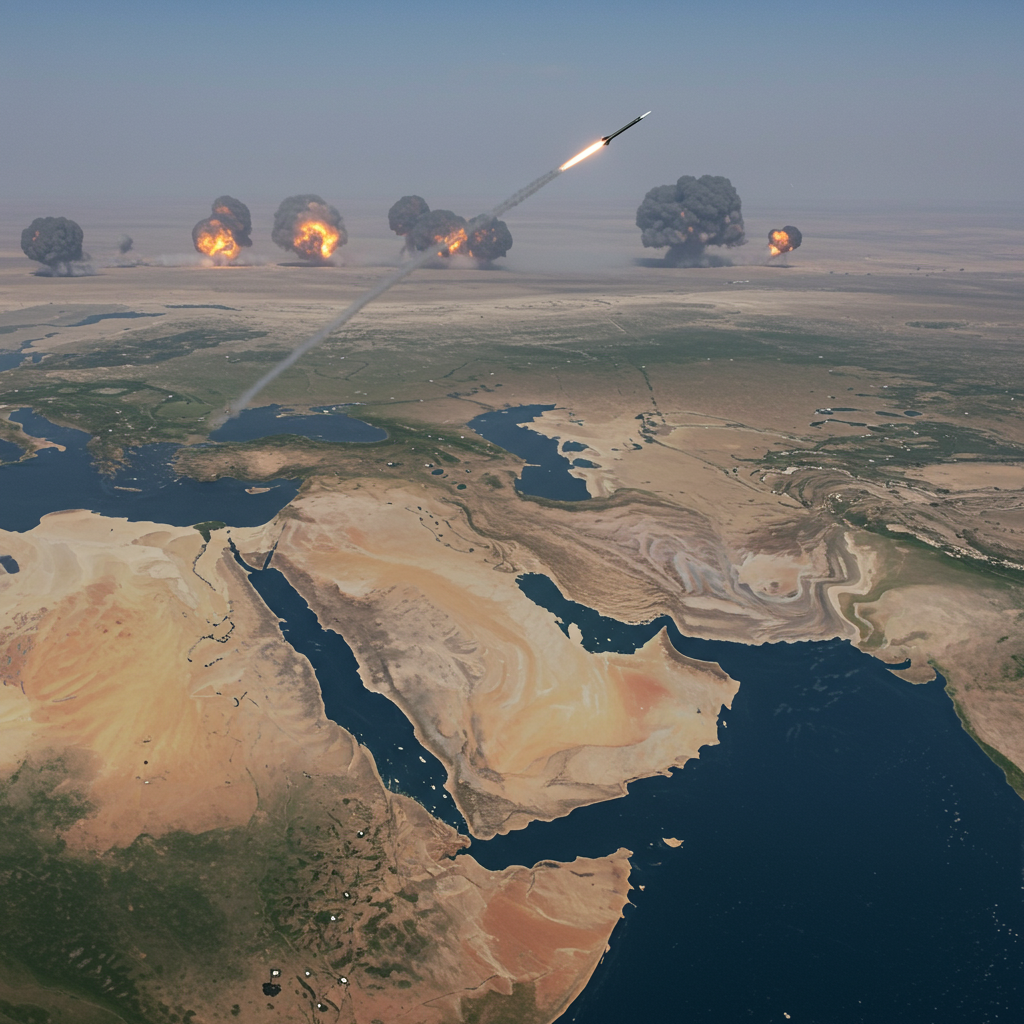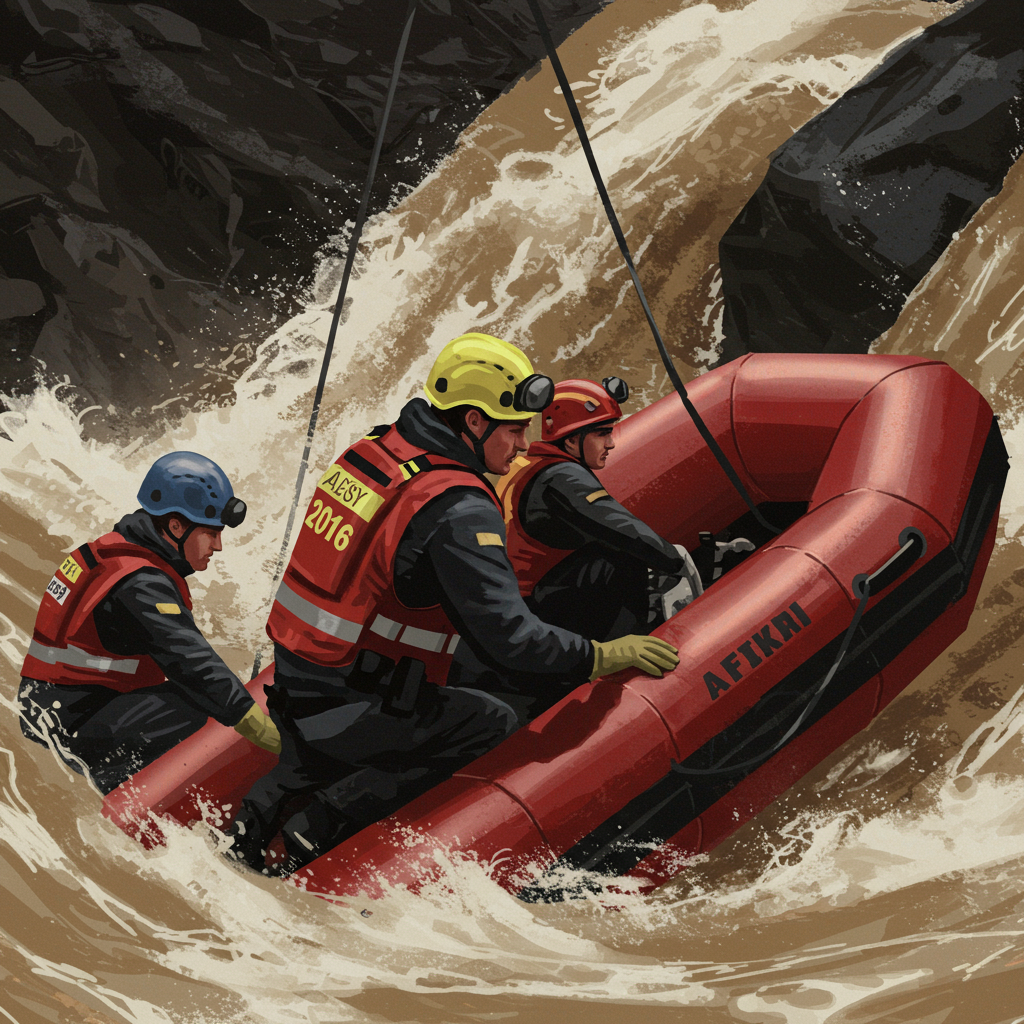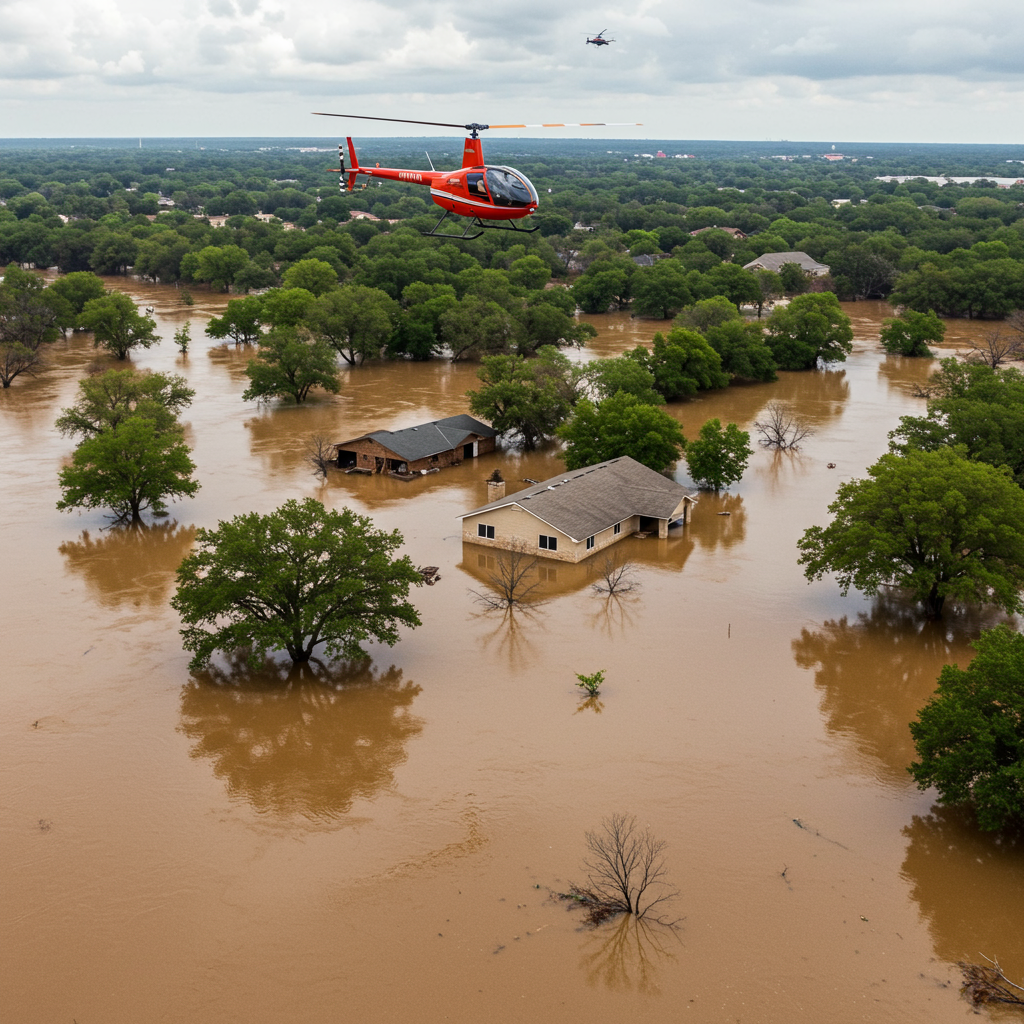Escalation in Middle East: Iran Fires Missiles at Israel Following US Bombing of Nuclear Facilities
The volatile conflict between Iran and Israel escalated dramatically over the weekend as Iran launched a barrage of missiles towards the Jewish State. This attack came swiftly after the United States conducted unprecedented military strikes targeting key Iranian nuclear sites, a move met with a mix of global alarm and varied reactions.
Reports from Israel indicated at least 10 impact sites across the country following the Iranian missile attack early Sunday morning. More than a dozen injuries were initially reported, with that number rising to at least 20 people injured, 11 of whom required hospitalization. Among the most severely injured was a 30-year-old man who suffered moderate to severe injuries after being struck by shrapnel in the chest. Israeli Air Defenses intercepted many incoming projectiles, but approximately 10 out of an estimated 30 missiles fired by Iran managed to bypass defense systems.
US Launches “Operation Midnight Hammer” Targeting Iran’s Nuclear Program
The Iranian retaliation followed a significant US military operation, dubbed “Operation Midnight Hammer,” which targeted three crucial Iranian nuclear enrichment facilities: Fordow, Natanz, and Esfahan. Launched on Saturday, June 21, the US Defense Secretary and Joint Chiefs of Staff detailed that the operation involved B-2 stealth bombers departing from the continental United States. They described extensive preparation, including a deception plan to maintain tactical surprise, which successfully prevented any Iranian air or missile response during ingress and egress.
President Donald Trump announced the strikes, claiming the operation was a “spectacular military success” and had “completely and totally obliterated” the targeted facilities. He asserted the objective was to destroy Iran’s nuclear enrichment capacity and end the nuclear threat. The heavily fortified Fordow site, located deep underground, was reportedly hit with powerful “bunker buster” munitions, like the GBU-57 Massive Ordnance Penetrator, carried by the B-2 bombers – weapons uniquely suited to penetrating such hardened facilities.
Trump Calls for Peace, But Threatens Further Action
Despite the aggressive military action, President Trump framed the strikes as aiming for peace. He expressed hope that the action would pave the way for a lasting settlement. However, he simultaneously issued a stark warning to Tehran, threatening further action if peace did not come quickly. Trump cautioned that Iran had “many targets left” and vowed to strike them with “precision, speed and skill” if necessary, adding, “this cannot continue.”
This direct US military involvement marks a significant shift, contrasting with Trump’s previous statements about avoiding new Middle East entanglements, while aligning with his firm stance that Iran must never acquire a nuclear weapon.
Global Reactions Span Alarm to Support
The US strikes and subsequent Iranian response triggered widespread international reaction, largely characterized by concern and calls for de-escalation.
United Nations: Secretary-General Antonio Guterres expressed grave alarm, calling the strikes a “dangerous escalation” and a “direct threat to international peace and security,” warning of a “growing risk” of the conflict spiraling “out of control.”
Israel: Prime Minister Benjamin Netanyahu congratulated President Trump, hailing the decision as “bold” and asserting it would “change history” by preventing Iran from obtaining nuclear weapons.
Iran: Iranian officials acknowledged the attacks but claimed personnel had been evacuated. Foreign Minister Abbas Araghchi strongly condemned the US action as a “grave violation” of international law and the UN Charter, warning of “everlasting consequences” and stating Iran reserves “all options” to defend itself.
Widespread Concern: Many countries and international bodies, including the European Union, France, Germany, Italy, Switzerland, Japan, Australia, New Zealand, Mexico, Saudi Arabia, and Qatar, urgently called for restraint, de-escalation, and a return to diplomatic negotiations.
Russia & Others: Russia issued a strong condemnation, calling the US action “irresponsible” and a “flagrant violation” of international law. Oman, a traditional mediator, also condemned the US strikes. Venezuela and Cuba similarly denounced the bombing.
UK: The UK acknowledged the threat of Iran’s nuclear program and supported the US action in that context but also urged Iran to return to the negotiating table.
Risk of Escalation and Uncertain Outcome
The US decision is seen by many as a high-stakes gamble. While US officials hope a decisive strike could cripple Iran’s nuclear program without a protracted war, the move introduces a “new phase of uncertainty.” There is no immediate confirmation on the full extent of the damage to Iran’s facilities, particularly the deeply buried Fordow site, which Iran has claimed sustained only minor damage.
Analysts warn that placing the US directly in the center of the conflict risks a dangerous cycle of escalation. Iran, viewing the strikes potentially as an existential threat, may resort to asymmetric tactics against US interests or allies using its remaining proxy forces, ballistic missiles, or actions in vital shipping lanes like the Strait of Hormuz.
Domestic Political Divide in the US
In the United States, the military action exposed a sharp partisan divide. While some, like Senator John Fetterman, supported Trump’s decision as a necessary step against a state sponsor of terrorism, others, such as Senator Bernie Sanders and Representative Ro Khanna, criticized the action as “alarming” and potentially “grossly unconstitutional” without congressional approval, advocating for de-escalation and the passage of a War Powers Resolution.
Amidst the rising tensions, the situation for Americans in Israel was also highlighted, with evacuation efforts underway for those seeking to leave the country which is under a Level 4 travel advisory.



